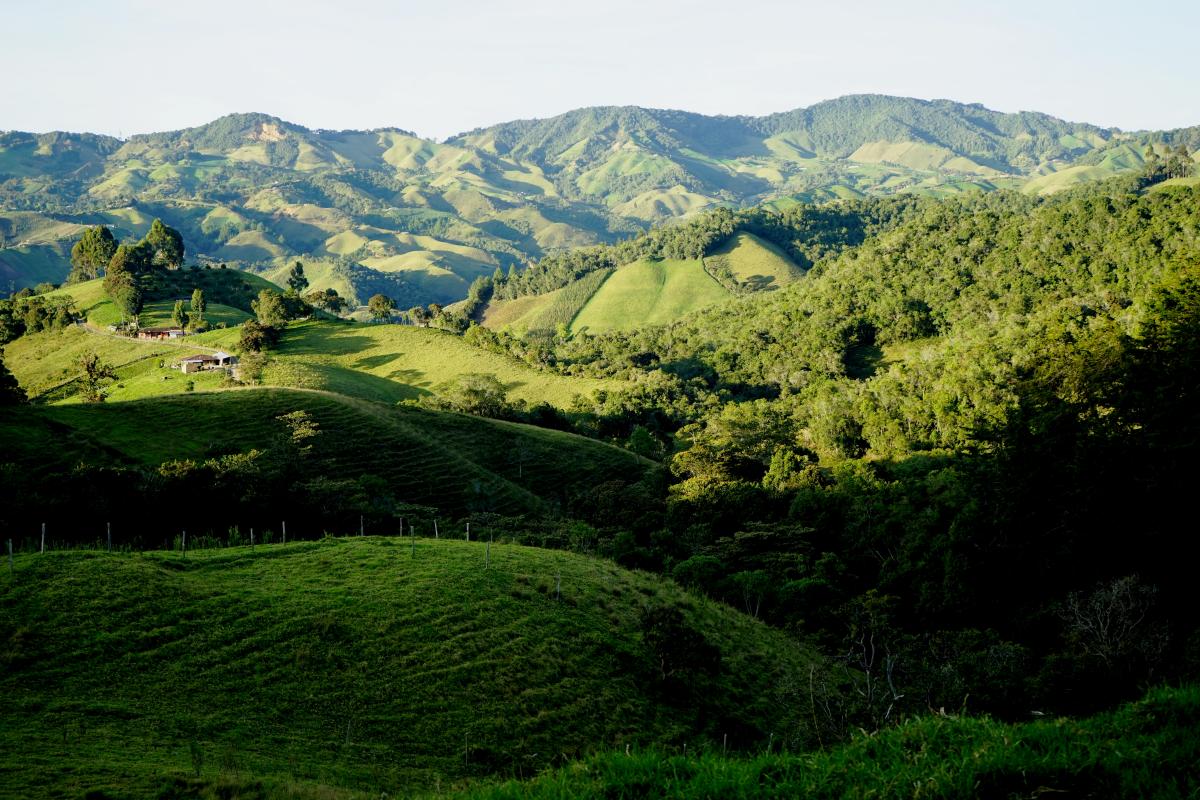The BioCarbon Fund was a World Bank-managed trust fund that is now closed. This website remains available for reference, but no further updates will be made.
The BioCarbon Fund was at the heart of linking carbon finance and sustainable land use for over a decade. It was the first carbon fund established in the world to focus on land use, piloting the first Afforestation/Reforestation (A/R), Reduced Emissions from Deforestation and Forest Degradation (REDD+), and Sustainable Agricultural Land Management (SALM) activities at the project scale. These early experiences provided a wealth of knowledge on how to quantify emission reductions from different land-use activities and helped pave the way for other land-use carbon initiatives that followed. BioCarbon Fund pilots also generated valuable insights on land tenure issues, financing arrangements, and benefit-sharing schemes, which were essential for the long-term success of these initiatives.
A global network of governments, businesses, civil society, and local communities continues to advance the land-use carbon agenda internationally.
The BioCarbon Fund Initiative for Sustainable Forest Landscapes (ISFL) builds on this momentum by creating a portfolio of programs that promote sustainable agriculture, forestry, and smarter land-use practices in an integrated approach. ISFL programs cover a variety of geographies and aim to transform large rural areas by protecting natural forests, restoring degraded lands, and enhancing agricultural productivity, thereby improving livelihoods and local environments.
The Forest Carbon Partnership Facility (FCPF), a global partnership of governments, businesses, civil society, and Indigenous Peoples, supports countries in reducing emissions from deforestation and forest degradation, conserving forest carbon stocks, sustainably managing forests, and enhancing forest carbon stocks (activities commonly referred to as REDD+).
(Photo credit: Franka Braun)


